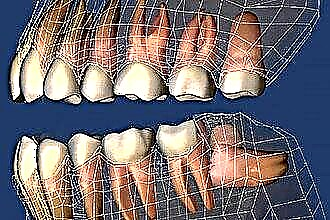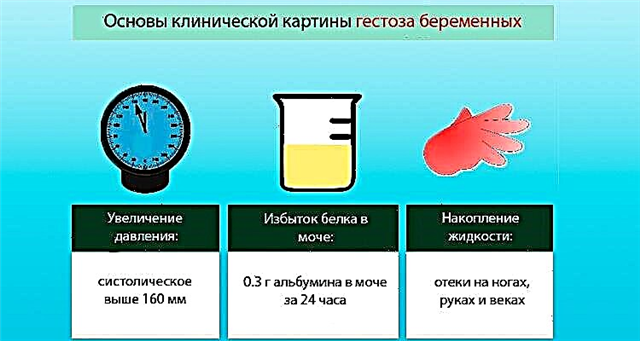Violation of the autonomic innervation of the vascular wall underlies angiodystonia (VVD), a common cause of nonspecific symptoms in young people: complaints of headaches, anxiety, irritability, general weakness and sleep disturbance without obvious signs of another pathology. Treatment is usually symptomatic.
The mechanism of action of "Tenoten"
"Tenoten" belongs to the group of homeopathic anxiolytic (anti-anxiety) drugs with mild sedative (calming) and nootropic effects. The active substance is antibodies (proteins that lymphocytes produce to neutralize foreign structures) to the brain-specific S-100 protein.
The mechanism of action of homeopathic remedies is based on targeted stimulation of individual structures. According to instructions, the use of specific antibodies in the preparation affects:
- The GABA-ergic system is a complex of structures associated with the release of an inhibitory mediator - gamma-aminobutyric acid (GABA). Activation of the cascade of reactions reduces the level of anxiety, improves the conduction of electrical impulses along the fibers.
- Neuron trophism through improving blood flow, reducing hypoxia (oxygen starvation) and accelerating metabolic (metabolic) processes.
- Stress-limiting systems. The complex action of antibodies is aimed at increasing the threshold of excitability of structures, which reduces the risk of symptoms of autonomic dysfunction during emotional stress.
- Neuronal plasticity is the ability to form new connections between cells (this phenomenon ensures the development of memory, the development of reflexes and habits). The effect is used as a protective action in the rehabilitation period after acute cerebrovascular accident.
There are clinical studies in which a decrease in the concentration of catecholamines (adrenaline and norepinephrine) was noted in patients who used Tenoten.
Indications for using the drug
The combined action of the drug determines a wide range of indications for the appointment. Neurologists and psychiatrists recommend using Tenoten for:
- asthenic conditions with severe weakness and apathy;
- anxiety-depressive disorders (with the exception of acute phases in mental illness);
- depression (including vital);
- neuroses and neurosis-like states;
- rehabilitation after a stroke, intoxication with neurotropic substances (for example, ethyl alcohol);
- emotional lability in women in menopause;
- organic damage to the central nervous system with signs of apathy, abulia, anxiety;
- attention deficit hyperactivity disorder (ADHD);
- osteochondrosis of the cervical spine with a decrease in blood flow through the vertebral artery (as part of complex therapy);
- vegetative dystonia.
"Tenoten" is not addictive (unlike synthetic tranquilizers) and muscle relaxant action. The high degree of dilution in the manufacture of the drug determines the safety and the absence of side effects.
Reviews on the use of VSD and panic attacks
The development of symptoms in VSD is pathophysiologically associated with a violation of the tone of the muscle wall of blood vessels. The first signs appear in childhood or adolescence. Most often, episodes provoke:
- panic attacks (from the impact of strong emotional shocks);
- overwork;
- prolonged state of internal tension;
- overheating or hypothermia.
«Tenoten "with vegetative dystonia is used as an anti-anxiety agent, which increases the threshold of the body's sensitivity to external stimuli, reducing the impact of trigger (triggering) factors.
The drug is available in tablet form. There are separate options for adults and children (differ in concentration, degree of dilution of the active substance).
"Tenoten" with VSD is prescribed 1-12 tablets per day for sublingual (sublingual) use. The dose is selected individually in each case, depending on the severity of symptoms and sensitivity to the drug. The duration of treatment is up to six months.
It is recommended to take the drug at least two hours before bedtime, since the active ingredient has an activating effect.
According to patient reviews, Tenoten has a weaker effect than Afobazol or Novo-Passit, and most often helps patients with moderate symptoms.
Conclusions
Vegetovascular dystonia is a polymorphic disease that requires an integrated approach for diagnosis and individual selection of treatment. The choice of homeopathic and herbal remedies is often determined by the patient's desire, since the evidence base for such remedies is rather weak. The appointment of "Tenoten" for dystonia is accompanied by a decrease in the severity and frequency of headache, anxiety, insomnia and other characteristic symptoms of pathology - according to the results of studies conducted by the manufacturer.



